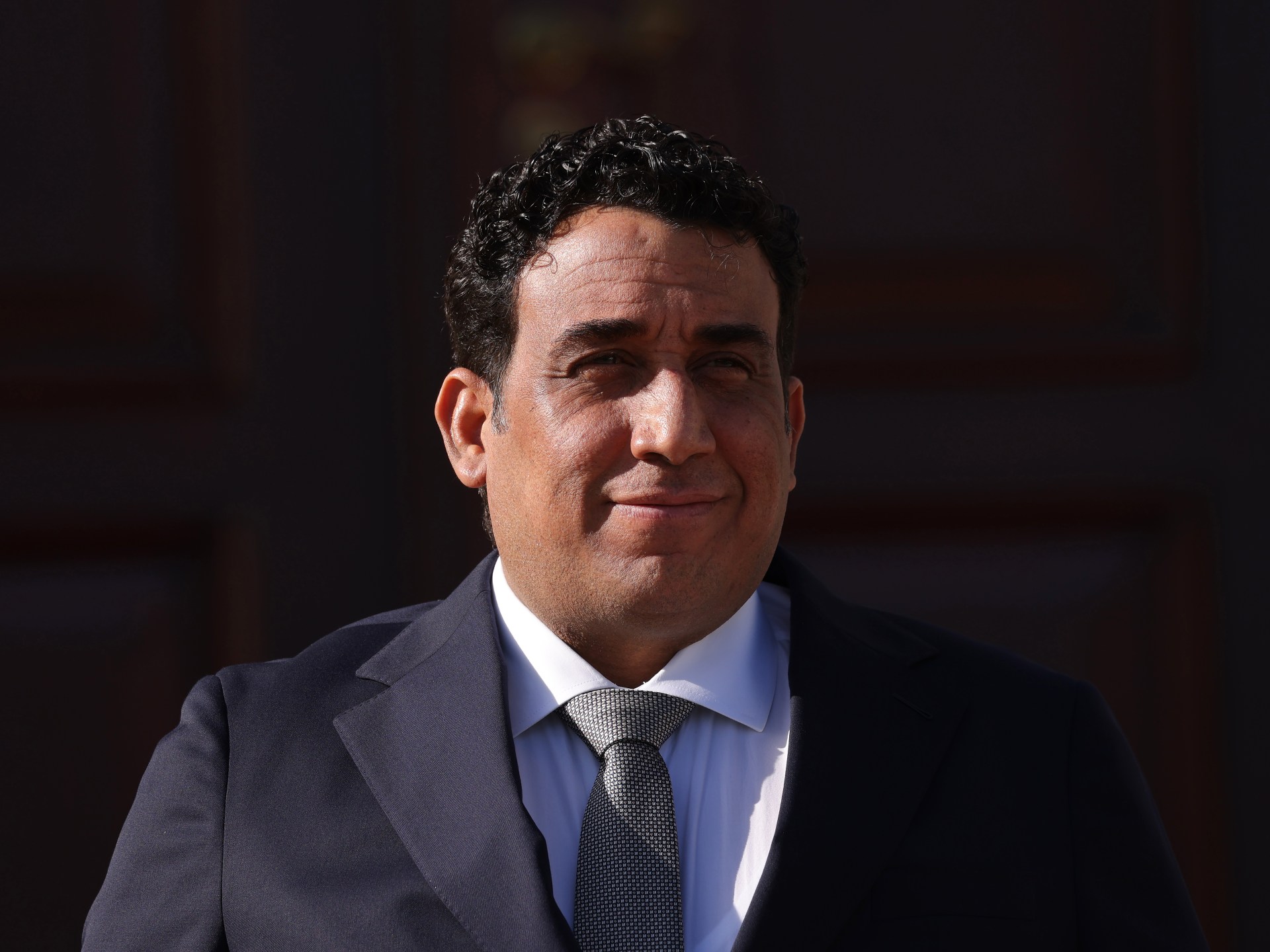The President of the Libyan Presidential Council, Muhammad Al-Manfi, criticized today, Wednesday, what he described as "negative international interference" by drawing tracks of contradictory solutions in his country, which pushed it to the brunt of armed confrontations.
This came in a speech by the exiled at the 77th session of the United Nations General Assembly at the permanent headquarters of the International Organization in New York.
Libya is witnessing a political crisis represented by a conflict between two governments, the first of which is the government of Fathi Pashaga, which was appointed by Parliament, and the second of the National Unity Government headed by Abdel Hamid al-Dabaiba, who refuses to hand over power except to a government mandated by a new elected parliament.
The political conflict at the end of last August turned into armed confrontations in Tripoli between forces loyal to Dabaiba and those loyal to Bashagha, which resulted in the killing of 32 people, most of them civilians.
Al-Manafi said that "the individual interests of the countries involved in the Libyan issue, proxy wars, and conflicting visions about the solution in Libya did not give the opportunity for the national option to be formed."
He demanded the continuation of dialogue between the House of Representatives and the Supreme State Council to try to agree on a constitutional basis for holding presidential and parliamentary elections, stressing his readiness to intervene in order to get the political process out of its dead end.
He added that he looks forward to an active role for the United Nations through the new leadership of its mission, and called on it to start work to support national solutions to the political impasse the country is going through.
The dialogue launched by the United Nations through an initiative whereby a committee was formed from the House of Representatives of the State to set a constitutional basis for the elections;
A slowdown in achievement in the absence of the UN mediation represented by the UN envoy, Abdullah Batili, who has not yet assumed his duties.

